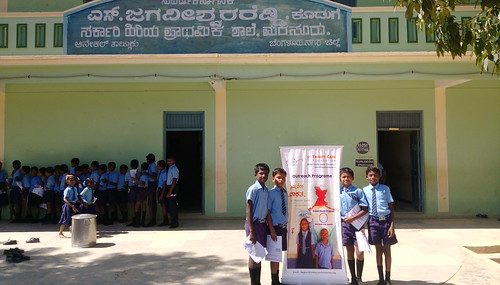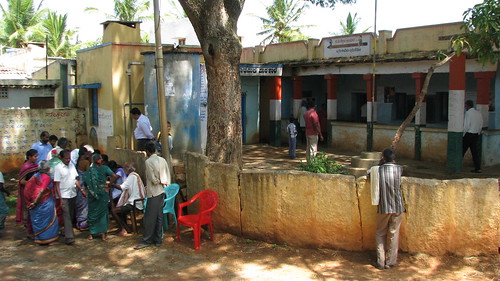As part of Health project in low-income schools, Trinity Care Foundation had covered Government Schools in Anekal and Devanahalli Taluk in November 2018 and undertook Health Screening, Health Education and providing Health Kits and others free of cost.
The details of the school health program for the government schools can be reviewed here : http://www.trinitycarefoundation.com/schoolhealth and school list is below;
Trinity Care Foundation is a Public Health Organization, has the Trust registration, PAN, TAN, 12A, 80G, Professional tax and FCRA. It is registered with NITI Ayog, Government of India. It is National Health Mission Partner in Karnataka, India. Corporate social responsibility/CSR projects : www.trinitycarefoundation.com/csr
Contact Us to implement your company's Corporate Social responsibility/CSR Projects:
Email: support@trinitycarefoundation.org | tel: +91 988039 6666 | +91 988035 8888 ~ www.facebook.com/trinitycarefoundation
Website : www.trinitycarefoundation.com
Instagram : www.instagram.com/trinitycarefoundation
Impact : www.flickr.com/photos/trinitycarefoundation/albums
Twitter : https://twitter.com/tcfindia
The details of the school health program for the government schools can be reviewed here : http://www.trinitycarefoundation.com/schoolhealth and school list is below;
- Health Program in Kittur Rani Chennamma School, Anekal Taluk on 13.Nov.2018 ~ https://flic.kr/s/aHsmwF7Ux4
- Health Program in Anekal Town Government School, Anekal Taluk on 14.Nov.2018 ~ https://flic.kr/s/aHsmnHhPXC
- Health Program in GMPS [ Government School ] Anekal Town on 15.Nov.2018 ~ https://flic.kr/s/aHsmrHJNiy
- Health Program in Kittur Rani Chennamma School ~ Devanahalli Taluk on 17.Nov.2018 ~ https://flic.kr/s/aHsmwFhLq2
- Health Program in Marsur Government Schools, Anekal Taluk on 20.Nov.2018 ~ https://flic.kr/s/aHsmupBdxK
- Health Program in Morarji Desai School ~ Anekal Taluk on 22.Nov.2018 ~ https://flic.kr/s/aHsmrHY4NL
- Health Program in Kittur Rani Chennamma School, Anekal Taluk on 23.Nov.2018 ~ https://flic.kr/s/aHsmwF7Ux4
- Health Program in Morarji Desai School ~ Devanahalli Taluk on 24.Nov.2018 ~ https://flic.kr/s/aHskN6nvUw
Trinity Care Foundation is a Public Health Organization, has the Trust registration, PAN, TAN, 12A, 80G, Professional tax and FCRA. It is registered with NITI Ayog, Government of India. It is National Health Mission Partner in Karnataka, India. Corporate social responsibility/CSR projects : www.trinitycarefoundation.com/csr
Contact Us to implement your company's Corporate Social responsibility/CSR Projects:
Email: support@trinitycarefoundation.org | tel: +91 988039 6666 | +91 988035 8888 ~ www.facebook.com/trinitycarefoundation
Website : www.trinitycarefoundation.com
Instagram : www.instagram.com/trinitycarefoundation
Impact : www.flickr.com/photos/trinitycarefoundation/albums
Twitter : https://twitter.com/tcfindia







